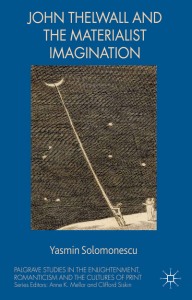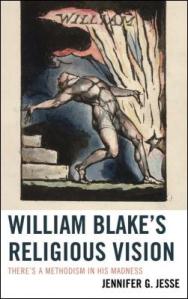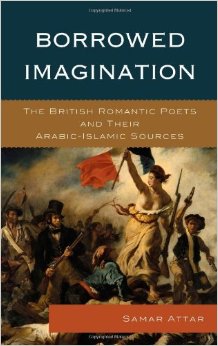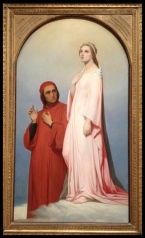 Romanticism can be linked with vitalism, idealism, and varieties of anti-materialism, but the period also gives evidence to other philosophical and scientific conceptions of the world. Yasmin Solomonescu’s John Thelwall and the Materialist Imagination (New York: Palgrave Macmillan, 2014) provides an intriguing new account of how Thelwall intended to produce “material effects on the minds and bodies of audiences in the service of sociopolitical reform” (7). Solomonescu uses the term “materialist” to convey more than a natural philosophy by extending scientific materialism to political and social life broadly conceived. Continue reading
Romanticism can be linked with vitalism, idealism, and varieties of anti-materialism, but the period also gives evidence to other philosophical and scientific conceptions of the world. Yasmin Solomonescu’s John Thelwall and the Materialist Imagination (New York: Palgrave Macmillan, 2014) provides an intriguing new account of how Thelwall intended to produce “material effects on the minds and bodies of audiences in the service of sociopolitical reform” (7). Solomonescu uses the term “materialist” to convey more than a natural philosophy by extending scientific materialism to political and social life broadly conceived. Continue reading
Category Archives: Romanticism
Blake and Methodism
William Blake’s religious thought is notoriously challenging. Several recent studies, however, shed light on this area through particular attention to the theological and historical impact of British Methodism on his achievement. Two recent monographs deserve mention.
 Jennifer Jesse, in William Blake’s Religious Vision: There’s a Methodism in His Madness (Lanham: Lexington, 2013), maintains that Blake works “against the backdrop” of Wesleyan theology. She argues that Blake critics have relied excessively on contemporary caricatures of the Wesleys, Whitefield, and Methodism generally rather than historically accurate portrayals of the movement. Continue reading
Jennifer Jesse, in William Blake’s Religious Vision: There’s a Methodism in His Madness (Lanham: Lexington, 2013), maintains that Blake works “against the backdrop” of Wesleyan theology. She argues that Blake critics have relied excessively on contemporary caricatures of the Wesleys, Whitefield, and Methodism generally rather than historically accurate portrayals of the movement. Continue reading
Romanticism and Islam
 One of the intriguing new developments in British Romantic studies centers on the religious sources of the poets, particularly the Arabic-Islamic sources that proved decisive influences on some of the most remarkable poetic works in the English language. Samar Attar’s fascinating new book, Borrowed Imagination: The British Romantic Poets and the Arabic-Islamic Sources (Lexington, 2014) builds on positive scholarly contributions by Nigel Leask, Gregory Wassil, and Emily Haddad. Continue reading
One of the intriguing new developments in British Romantic studies centers on the religious sources of the poets, particularly the Arabic-Islamic sources that proved decisive influences on some of the most remarkable poetic works in the English language. Samar Attar’s fascinating new book, Borrowed Imagination: The British Romantic Poets and the Arabic-Islamic Sources (Lexington, 2014) builds on positive scholarly contributions by Nigel Leask, Gregory Wassil, and Emily Haddad. Continue reading
From Beatrice to Romanticism
 My family named our new puppy Beatrice. Not after “Tris” of Divergent fame, but after Beatrice Portinari—Dante’s inspiration and the celestial muse of The Divine Comedy.
My family named our new puppy Beatrice. Not after “Tris” of Divergent fame, but after Beatrice Portinari—Dante’s inspiration and the celestial muse of The Divine Comedy.
I was an undergraduate when I first read Dante with delight, but in my subsequent study of Romanticism I found that Dante was also a favorite in the nineteenth century. Continue reading